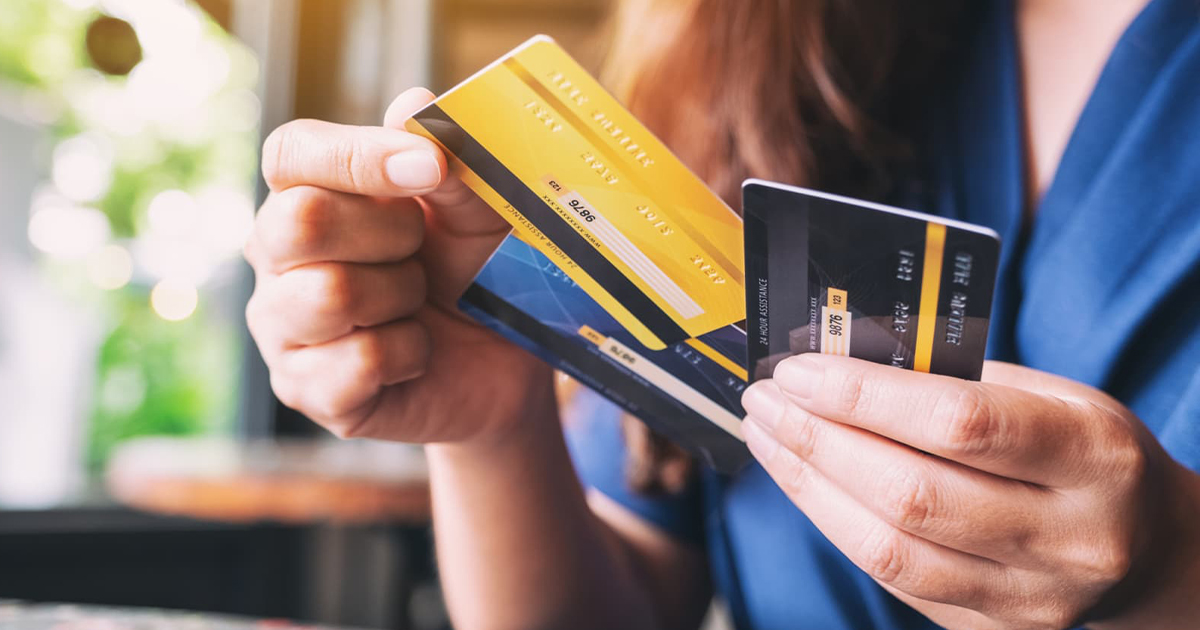How Many Bank Accounts Should You Have?

Navigating the banking world can sometimes feel like trying to find your way through a maze. There are checking accounts, savings accounts, joint accounts, and many other kinds. One burning question that often pops up is: just how many bank accounts should an individual have?
Mismanaged Money
Keeping all your money in one spot might seem like a convenient way to manage your finances, but it comes with its pitfalls.
For starters, it could hinder your ability to organize and allocate funds for specific purposes, such as saving for emergencies, investing, or fun expenditures. This lack of financial segmentation may result in unintentional overspending, since you won't have clear boundaries for different financial goals.
Additionally, if all funds are kept in one account, especially a checking account, you're potentially missing out on higher interest rates offered by savings or investment accounts.
Finally, from a security perspective, consolidating all your funds in one place could be risky. If, for instance, there's unauthorized access to your sole account, all your financial resources are exposed to potential loss or theft.
The Reality of Bank Theft
Money theft through banks, although not as common due to stringent security measures, still poses a threat to consumers.
According to a 2019 report by the Federal Trade Commission, consumers reported losing more than $1.9 billion to fraud, with wire transfer being the most common method scammers told victims to use.
Bank-related fraud doesn't just relate to external threats; sometimes, it involves insider threats, where bank employees misuse their position to siphon funds. Data breaches, phishing scams, and ATM skimmers are other prevalent methods used by criminals to access and steal funds from bank accounts.
While banks invest heavily in cyber security measures to protect their customers, it's vital for individuals to be vigilant, monitor their accounts regularly, and report any suspicious activities promptly.
Diversifying funds across multiple bank accounts can act as a protective measure, minimizing the impact if one account is compromised by theft or fraud.
Let’s dive into the world of bank accounts and determine exactly what it is we need.
The Basic Two: Checking and Savings
Most individuals start with two fundamental accounts:
- Checking Account: This is your go-to account for everyday transactions, paying bills, and receiving your salary. Having a single checking account can simplify your finances.
- Savings Account: Dedicated to, well, savings. This account usually offers higher interest rates compared to a checking account, helping your money grow over time.
As per the FDIC’s National Survey of Unbanked and Underbanked Households, nearly 93% of American households have either a savings or checking account.
The Emergency Fund Account
Financial experts often advise keeping an emergency fund, ideally covering three to six months' worth of expenses. This fund should be easily accessible but separate from your regular savings, hence, another account.
The Goal-Specific Accounts
If you have particular goals, such as saving for a down payment on a house, a vacation, or a dream wedding, it's beneficial to have separate accounts for each. This way, you won’t accidentally spend that money, and you can track your progress.
The Joint Account (For Couples)
If you’re sharing expenses with a partner or spouse, a joint account can simplify shared financial responsibilities. However, always ensure clear communication about its usage.
A TD Bank survey revealed that 58% of respondents found joint accounts made managing finances easier in their relationships.
The Investment Account
If you're into stocks, bonds, or any form of investing, having a dedicated account can help segregate your funds and track your investment growth.
The Fun Account
It's essential to budget for leisure. Having an account dedicated to fun stuff – movies, dining out, hobbies – ensures you enjoy life without jeopardizing your essential bills and savings.
So, How Many Should You Have?
Realistically, for many, having 3 to 5 accounts is manageable and covers most needs. However, the exact number is up to your personal financial goals, responsibilities, and preferences. It's always wise to review and consolidate if you find you're stretching too thin.
Tips for Managing Multiple Accounts
- Use online banking to oversee and manage your accounts in one place.
- Set up automatic transfers for savings, investments, and fun accounts.
- Regularly review your accounts, at least once a quarter, to ensure they still align with your goals.
Final Thoughts
There's no one-size-fits-all answer. The key is to be clear about your financial goals and to structure your accounts in a way that supports and simplifies achieving them. And remember, it's not about the number of accounts, but their purpose and how you manage them.


















